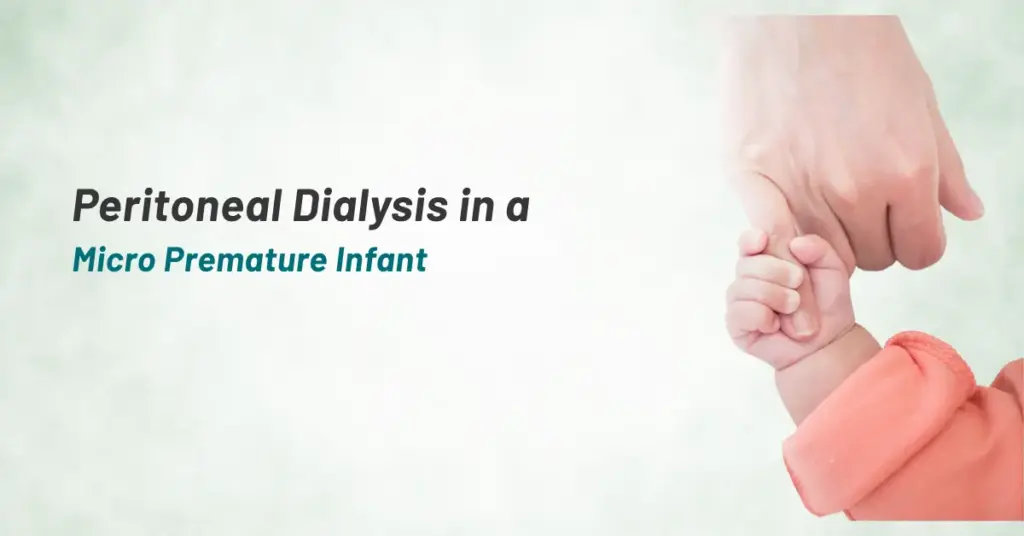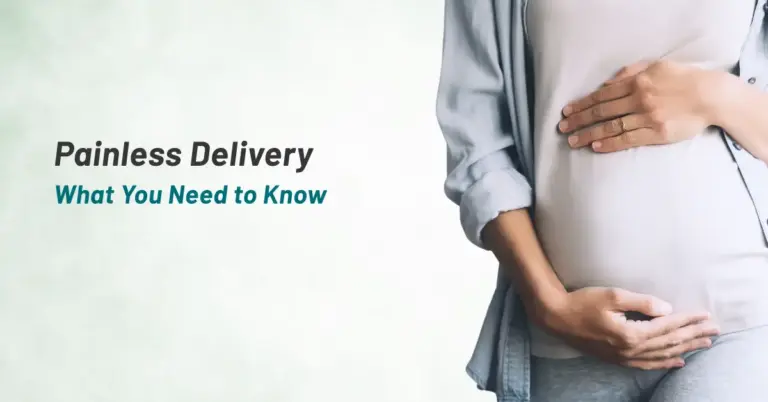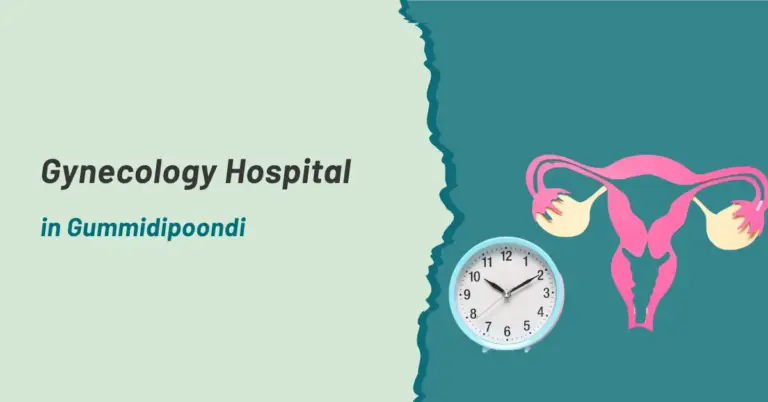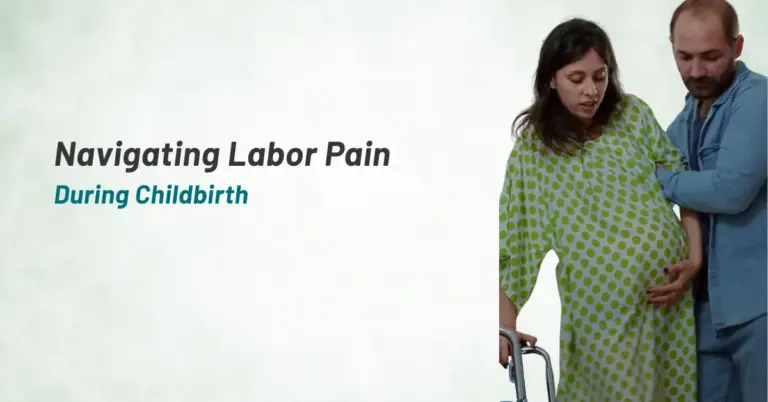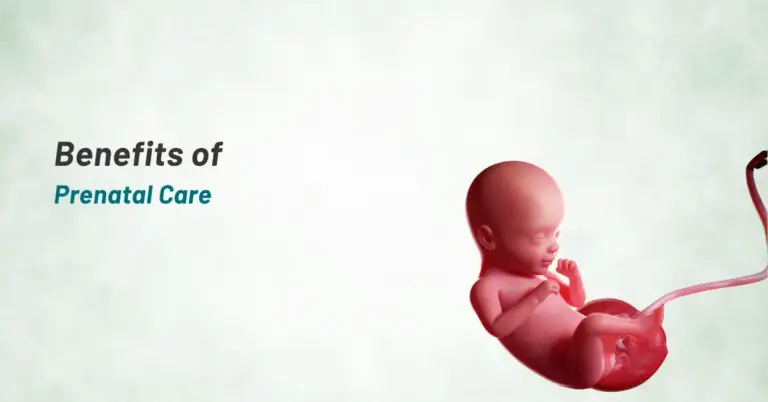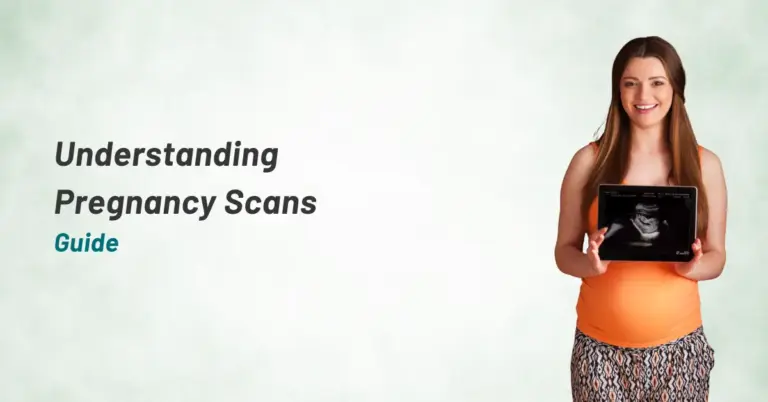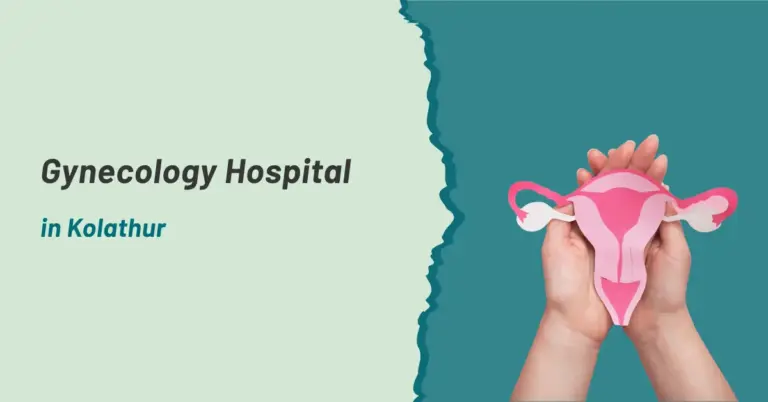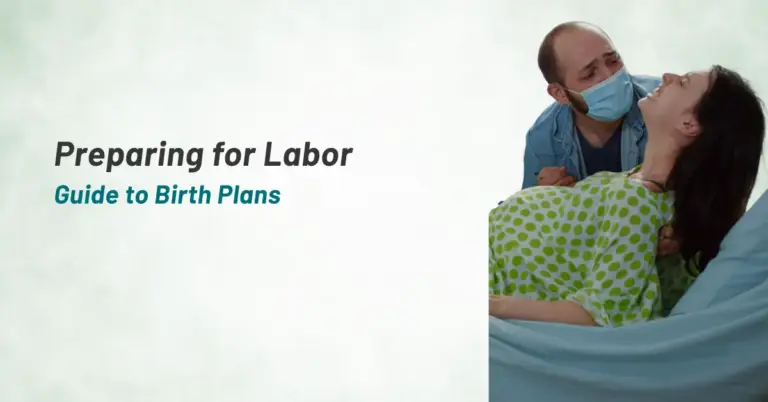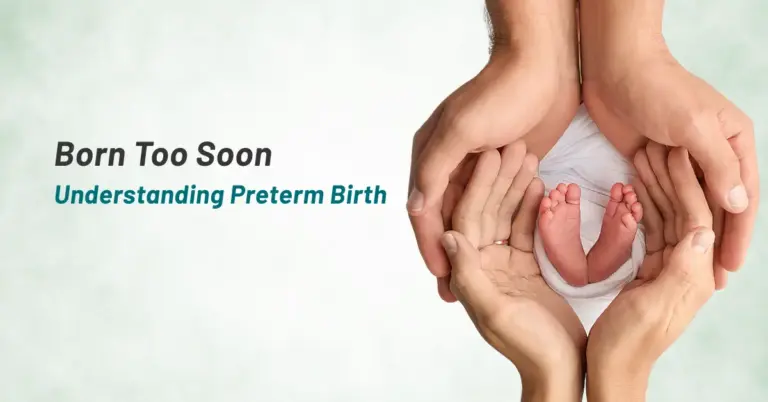In the intricate world of neonatal care, micro preterm babies often face a myriad of health challenges. This case study examines the experience of a premature infant born at 26 weeks, highlighting the effective utilization of peritoneal dialysis (PD) in managing acute kidney injury (AKI).
Case Background
Baby X, the first of the DCDA twins, was born to a mother who was 34 years old and was dealing with cervical incompetence.During the first few days of his life, Baby X, who weighed only 746 grams, was diagnosed with respiratory distress syndrome, right pneumothorax, and ventilator-associated pneumonia.
Medical Intervention
Surfactant and mechanical ventilation were administered by the medical team, meticulously managing the challenges in a step-by-step manner. Antibiotics were escalated toof intravenous colistin and vancomycin. In view of worsening sepsis in addition to the complexity of the situation, coagulopathy, PDA, and increased renal parameters were also present.
Success and Challenges
Facing anuria and worsening renal function, the team opted for peritoneal dialysis on day 6 of life. The renal parameters gradually improved over two weeks, showcasing the resilience of the tiny patient. This case study highlights the successful application of peritoneal dialysis in a micro preemie, offering insights into the complexities and triumphs of managing AKI in extremely low birth weight infants.
Peritoneal Dialysis – Challenges
Peritoneal dialysis (PD) in micro-premature infants presents formidable challenges due to their delicate health status. However, a strategic approach can lead to successful outcomes. Micro-premature infants, with their underdeveloped physiological systems, require careful consideration for PD candidacy. Factors such as gestational age, birth weight, and overall health guide the selection process to identify infants suitable for this intervention. Specialized equipment designed for neonatal PD, including micro-catheters and tailored PD sets, plays a crucial role. Appropriately sized catheters, customized to the infant’s anatomy, minimize complications, ensuring a more effective and safer dialysis process.
Multidisciplinary Collaboration
Neonatologists, nephrologists, nurses, and specialists working cohesively ensure comprehensive care. Regular communication enables real-time adjustments to the dialysis regimen, tailoring it to the evolving needs of the infant. Infection control is paramount given the heightened vulnerability of micro-premature infants. Maintaining strict aseptic techniques during catheter insertion, coupled with antibiotic prophylaxis, protects against potential infections, preserving the infant’s fragile immunity.
Conclusion
The successful navigation of challenges in peritoneal dialysis for micro-premature infants demands a systematic and professional approach. Through meticulous patient selection, utilization of specialized equipment, stringent infection control, fostering multidisciplinary collaboration, and a commitment to continuous monitoring and adaptation, healthcare providers can optimize outcomes for these vulnerable infants. This comprehensive and professional approach not only addresses immediate challenges but also lays the groundwork for improved long-term health outcomes in micro-premature infants undergoing peritoneal dialysis.

